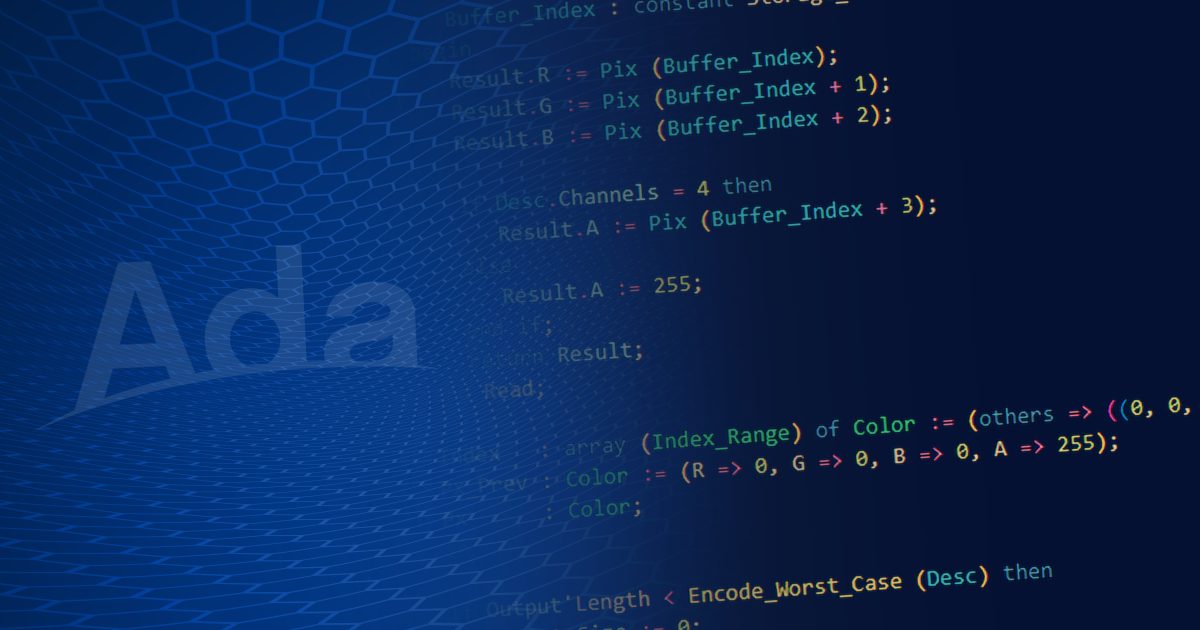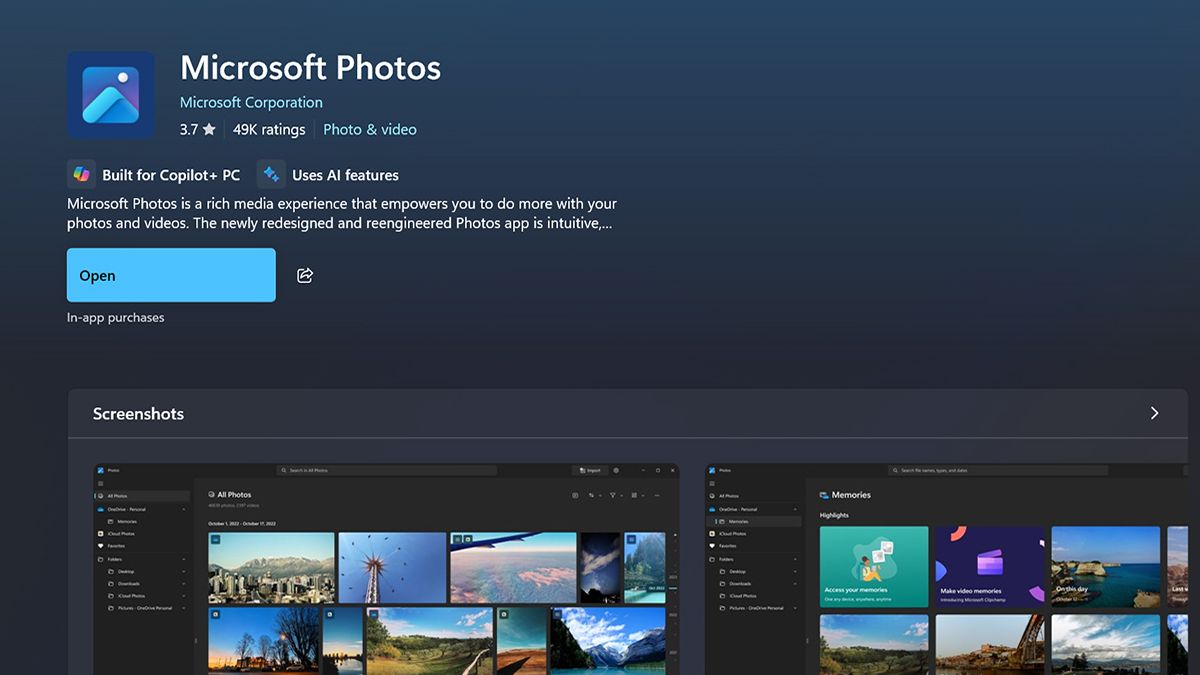States Adam Billen, vice president of public policy at youth-led advocacy group Encode AI, on today’s episode of Equity.
“The truth is that policy makers themselves understand that we need to do something, and they understand from dealing with a million other concerns that there is a method to pass legislation that really does secure development — which I do appreciate — while making certain that these items are safe,” Billen informed TechCrunch.
At its core, SB 53 is a first-in-the-nation costs that needs big AI laboratories to be transparent about their security and security procedures — particularly around how they avoid their designs from devastating threats, like being utilized to devote cyberattacks on crucial facilities or construct bio-weapons. The law likewise mandates that business stay with those procedures, which will be implemented by the Office of Emergency Services.
“Companies are currently doing the things that we inquire to do in this costs,” Billen informed TechCrunch. “They do security screening on their designs. They launch model cards. Are they beginning to cut corners in some locations at some business? Yes. Which’s why costs like this are necessary.”
Billen likewise kept in mind that some AI companies have a policy around unwinding security requirements under competitive pressure. OpenAI, for instance, has actually openly mentioned that it might “change” its security requirements if a competing AI laboratory launches a high-risk system without comparable safeguards. Billen argues that policy can impose business’ existing security guarantees, avoiding them from cutting corners under competitive or monetary pressure.
While public opposition to SB 53 was silenced in contrast to its predecessor SB 1047, which Newsom banned in 2015, the rhetoric in Silicon Valley and amongst the majority of AI laboratories has actually been that practically any AI policy is anathema to advance and will eventually prevent the U.S. in its race to beat China.
Techcrunch occasion
San Francisco
|
October 27-29, 2025
It’s why business like Meta, VCs like Andreessen Horowitz, and effective people like OpenAI president Greg Brockman are jointly pumping numerous millions into incredibly PACs to back pro-AI political leaders in state elections. And it’s why those very same forces previously this year promoted an AI moratorium that would have prohibited states from controling AI for 10 years.
Encode AI ran a union of more than 200 companies to work to overrule the proposition, however Billen states the battle isn’t over. Senator Ted Cruz, who promoted the moratorium, is trying a brand-new method to accomplish the exact same objective of federal preemption of state laws. In September, Cruz presented the SANDBOX Act, which would permit AI business to get waivers to momentarily bypass particular federal guidelines for approximately 10 years. Billen likewise expects an upcoming expense developing a federal AI requirement that would be pitched as a middle-ground option however would in truth override state laws.
He cautioned that directly scoped federal AI legislation might “erase federalism for the most crucial innovation of our time.”
“If you informed me SB 53 was the expense that would change all the state expenses on whatever associated to AI and all of the possible threats, I would inform you that’s most likely not an excellent concept which this costs is developed for a specific subset of things,” Billen stated.

While he concurs that the AI race with China matters, which policymakers require to enact policy that will support American development, he states eliminating state expenses– which generally concentrate on deepfakes, openness, algorithmic discrimination, kids’s security, and governmental usage of AI– isn’t the method to set about doing that.
“Are costs like SB 53 the important things that will stop us from beating China? No,” he stated. “I believe it is simply really intellectually deceitful to state that is the important things that will stop us in the race.”
He included: “If the important things you appreciate is beating China in the race on AI– and I do appreciate that– then the important things you would promote are things like export controls in Congress,” Billen stated. “You would make certain that American business have the chips. that’s not what the market is pressing for.”
Legal propositions like the Chip Security Act goal to avoid the diversion of innovative AI chips to China through export controls and tracking gadgets, and the existing CHIPS and Science Act looks for to enhance domestic chip production. Some significant tech business, consisting of OpenAI and Nvidia, have actually revealed unwillingness or opposition to particular elements of these efforts, mentioning issues about efficiency, competitiveness, and security vulnerabilities.
Nvidia has its factors– it has a strong monetary reward to continue offering chips to China, which has actually traditionally represented a considerable part of its international earnings. Billen hypothesized that OpenAI might keep back on chip export advocacy to remain in the great beautifies of essential providers like Nvidia.
There’s likewise been irregular messaging from the Trump administration. 3 months after broadening an export restriction on innovative AI chips to China in April 2025, the administration reversed course, permitting Nvidia and AMD to offer some chips to China in exchange for 15% of the income.
“You see individuals on the Hill moving towards expenses like the Chip Security Act that would put export controls on China,” Billen stated. “In the meantime, there’s going to continue to be this propping up of the story to eliminate state costs that are really rather light difficult.”
Billen included that SB 53 is an example of democracy in action– of market and policymakers interacting to get to a variation of an expense that everybody can settle on. It’s “extremely unsightly and unpleasant,” however “that procedure of democracy and federalism is the whole structure of our nation and our financial system, and I hope that we will keep doing that effectively.”
“I believe SB 53 is among the very best evidence points that can still work,” he stated.
This short article was very first released on October 1.

AI Content Analysis
This content has been analyzed for AI generation:
- AI Probability: 0%
- Confidence:
- Last Checked: October 6, 2025











